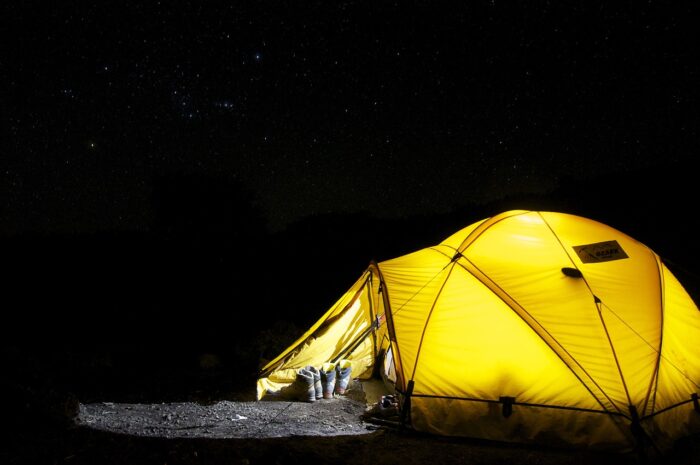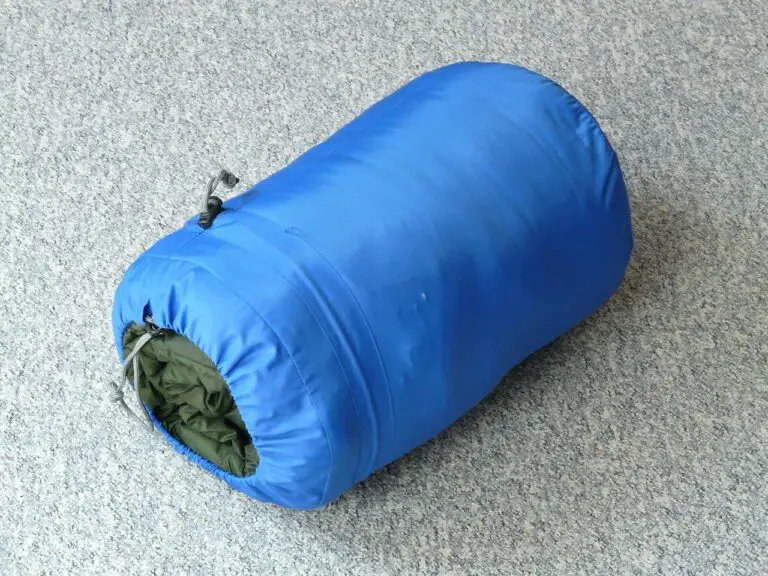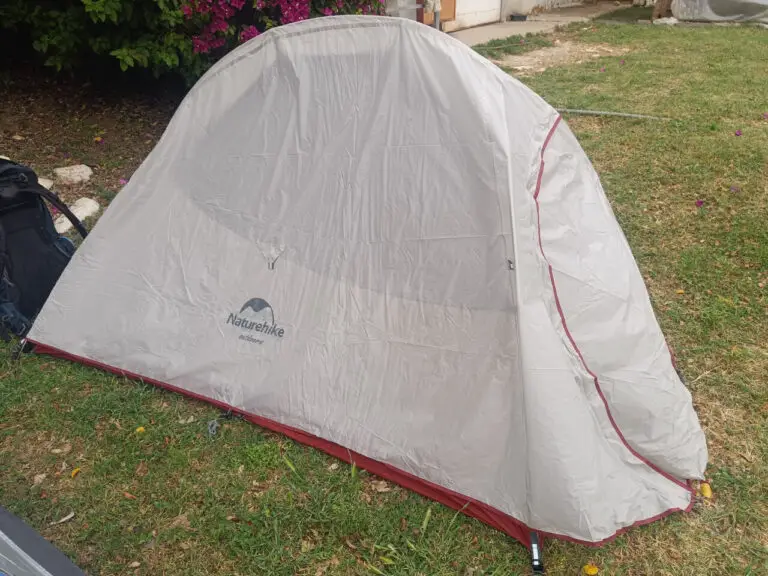How Long Do Tents Last? We Asked The Community
When looking for a new tent, or considering replacing an old one, we want something reliable that we’ll be able to use for a long time. A common question that then arises is how long should you realistically expect tents to last.
A tent has an average lifespan of 5 to 10 years. How long a tent will last relies primarily on its materials, how frequently you use it, how well you care for it, and the environment in which you usually camp.
I’ve done some research and asked the community, and these numbers are generally accepted by most hikers and campers. Of course, the numbers do vary quite widely, since people treat and use their equipment differently. Let’s consider the factors and understand the lifespan of a tent better.
The average lifespan of a tent
How long a tent will last depends on many factors, but it’s generally accepted that in most conditions the lifespan of a tent is between 5 and 10 years.
I consulted with members of a hiking community on Facebook, on how long tents typically last, and want are the different factors that can affect the lifespan of a tent.
Most people said that it’s hard to access the lifespan of a tent. For most, they have had their tents for years, and for some, for over a decade.
They also had some great tips and considerations to increase the lifespan of your tent, and what factors you should consider, which we’ll discuss later in the post.
The answer also depends on how you define the lifespan of the tent. Some people don’t really maintain their tents and assume there’s nothing to do when it has some issues like leaking. Others take care of their tent, fixing small issues as they arise. Of course, if you take care of your tent, you’ll be able to use it much longer.
Most issues with tents are related to their material, like unsealed seams and worn-out fabrics. If you want to learn more about these issues and how to fix them, I wrote an entire post about the waterproofing of tents.
Let’s consider the different things that can increase or decrease the lifespan of your tent.
Factors that affect the lifespan of tents
Tent material
The material the tent is made of can dramatically affect its lifespan. Most tent fabrics are made of nylon or polyester, and some are made of canvas and other materials.
While nylon tents are considered to be tougher, polyester tents are usually considered to last longer by a small margin, because they’re much less susceptible to UV damage.
Canvas tents are heavy-duty and tend to last much longer because they’re less likely to be damaged.
Of course, the quality of the material of your tent can vary, and so its lifespan. A good quality tent will have better coating, higher quality materials, and better seam sealing. This makes the tent last longer.
Frequency of use
The more you use your tent, the more it’s exposed to the elements, and the less it’ll probably last. When you use the tent, its material is worn, so it lasts a shorter time.
Of course, the tent is meant to be used. You’re not buying a tent to take up space in storage. But if you’re camping a lot, expect you’ll need to replace a tent more often.
Maintenance
Whether or not you maintain your tent, and how well you do it, has a major effect on its lifespan. Proper maintenance can significantly lengthen its life.
The first thing to consider is how you take care of the tent before storing it. First, it’s really important that you clean your tent before storage and only store it in a dry, weatherproof environment.
Use a small, metal garden hose to quickly wash the dirt down, and let it dry completely before storing it. If you can, place the tent on a tarp and remove the poles.
You should also consider how you maintain different issues you might have with the tent. If there’s water leakage through the material or the seams, you should seal big holes with a watertight tape like Gorilla Tape, and apply waterproof coating to seal the rest of the material.
Camping conditions
The weather and environment you usually camp in can affect how long your tent will eventually last.
Sharp rocks and stick can punch holes in the floor fabrics of the tent, and movement on the tent also wear the material down over time. Many use a footprint under the tent, to reduce the wear on the floor material, and to provide better insulation from the ground.
Another environmental factor is the sun; UV radiation is especially harmful to the tent fabric. It reduces material strength and ruins the waterproof coating on the tent fabric.
While most tents are generally waterproof, rain can cause issues as well. If the tent structure isn’t sturdy enough, really heavy rain can actually break it down. Additionally, if you store your tent wet, you risk issues like mold growing in it.
Tents are typically tested in wind tunnels, to see how much wind they can withstand. For most tents, it’s around 25 mph. I wouldn’t try testing them in such winds myself, though. Rough wind can break the tent structure.
How long do instant tents last?
Under proper maintenance, an instant tent should last between 5 and 10 years, similar to a standard tent. But they can have some problems that traditional tents won’t.
Instant cabin and dome tents are harder to care for because their structure makes them a bit harder to access. If the poles themselves are damaged, they’ll be harder to repair. They are quite sturdy, though, and are expected to last a long time.
Pop-up tents, on the other hand, typically don’t last as long. I heard a lot of people say that when they weren’t carefully folding a pop-up tent, they accidentally broke its poles. These tents are also generally less weatherproof. I wouldn’t expect a pop-up tent to last as long as a standard tent.
When should you get a new tent?
Even if you perfectly use and care for a tent, eventually you won’t be able to use it anymore for camping. You should get a new tent if you can’t reliably use it as protection from the elements.
How long it’ll take the tent to because unreliable or unusable depends on the factors we’ve covered in this post.
If you start seeing the material of the tent deteriorate, I wouldn’t run off to buy a new one immediately. First, try to maintain it – tents are expensive, and you might be able to make it last a bit longer.
If you see major material degradation, it might be time to replace the tent.
With that in mind, as one commenter from Facebook said, “a tent lasts exactly one bear”. Some things make the tent unusable.
Conclusions
The exact lifespan of a tent depends on a lot of factors, so it’s quite hard to estimate. In normal conditions you can expect your tent to last between 5 and 10 years, but it can last longer.
Of course, things can shorten the life of your tent, but you should make sure you’re doing what you can to care for it, so you can enjoy it for many years.







